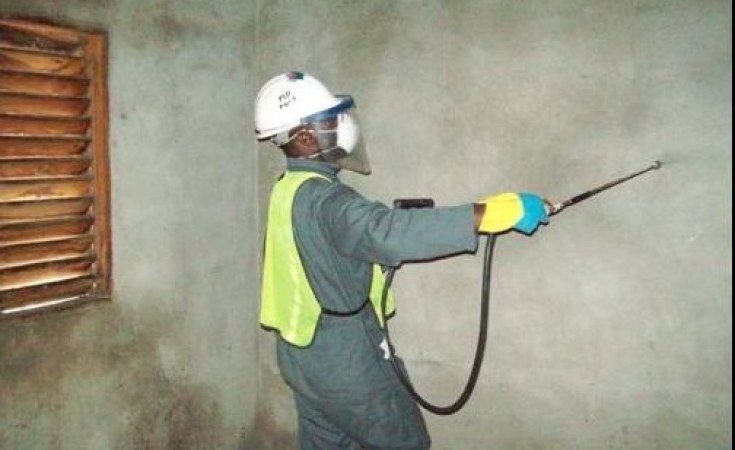A recent study by the American Journal of Tropical Medicine and Hygiene shows that indoor spraying with the insecticide bendiocarb has dramatically decreased malaria transmission in many parts of Benin. The study follows reports of a rapid rise in mosquito resistance to insecticide used in bed nets. Gil Germain Padonou of the Entomological Research Center in Cotonou, Benin, corresponded with AllAfrica about the significance of the recent study.
What does this mean for malaria-endemic areas of Africa?
It offers an opportunity to defeat malaria in endemic areas of Africa because the malaria vector Anopheles gambiae is more susceptible to bendiocarb than pyrethroids for which it has developed a strong resistance.
How do you rate this tool in the fight against malaria, given recent reports about resistance to insecticides in bed nets?
Indoor residual spraying based on the bendiocarb was very efficient in Benin. Up to date the main vectors of malaria in Benin, such as Anopheles gambiae and Anopheles funestus, are still susceptible. However, to maintain this opportunity we should alternate the bendiocarb with another insecticide. This idea is currently being studied in Benin.
Can this insecticide be applied to bed nets?
Studies have not shown the ability to impregnate nets with bendiocarb to make them used by vector control. To date, WHO [the World Health Organization] has recommended only pyrethroid for treated nets.
What risk is there that mosquitoes will develop resistance to this insecticide as well, and if so how long is that likely to take?
If using bendiocarb indefinitely for many years there is indeed strong risk that the malaria vector resistance to this product would grow very rapidly in less than a decade.
How will safe spraying of the insecticide be assured?
Studies in Phase II in experimental huts showed no complaints and reports of toxicity from the sleepers. Moreover, bendiocarb is a product approved by WHO [for spraying]. After large-scale indoor residual spraying there were no cases of toxicity in all districts that have been sprayed.


